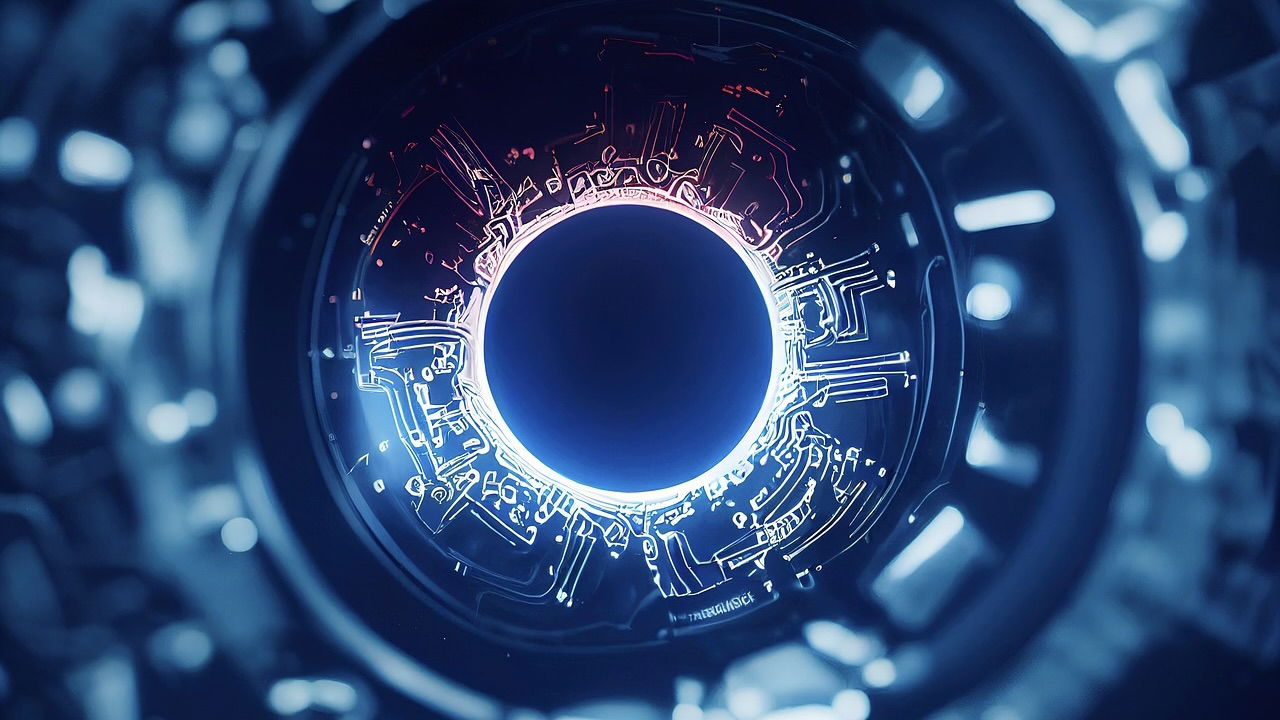
Is AI a ‘Threat’ to Human Artistry? Music Industry Lobbying Group Explains
By Movieguide® Contributor
The International Federation of the Phonographic Industry is on a mission to ensure artificial intelligence doesn’t replace human creativity in the music industry.
“We must harness the potential of AI to support and amplify human creativity, not to replace it,” CEO Victoria Oakley told policymakers, per The Hollywood Reporter.
According to a revenue report by the IFPI, “Global recorded music revenues have grown for the tenth consecutive year,” and “total trade revenues reached US$29.6 billion in 2024, up by 4.8%.”
For Oakley, this growth represents the “essential role music plays in so many parts of our lives.”
“What is so exciting is that there is still great potential for further development, through innovation, emerging technologies, and investment in both artists and the evolving parts of the growing global music ecosystem,” she emphasized.
“These positive developments don’t happen by accident,” she continued. “They reflect the brilliant creativity, vision and hard work of artists and songwriters around the globe, powered in part by the work, investment and passion of record companies and their teams. In the case of record labels, returning revenues enable them to be patient, long-term, consistent investors in artists, innovation and culture.”
READ MORE: WILL HOLLYWOOD CREATIVES’ LETTER TO TRUMP PROTECT COPYRIGHTED WORKS FROM AI?
Oakley recognizes that AI has and will continue to play a role in the future of the music industry, but guardrails must be put in place.
“One of the key issues we’ve looked at in this report is the role of AI in music,” the CEO said. “Record companies have embraced its potential to enhance artist creativity and develop new and exciting fan experiences. However, it is very clear that the developers of generative AI systems ‘ingesting’ copyright-protected music to train their models without authorization from the rightsholders poses a very real and present threat to human artistry.”
During IFPS’s annual Global Music Report launch in London, Oakley shared more about her thoughts on AI.
“At its best, generative AI can be a really powerful tool for artists and consumers alike,” she said. “But we continue to engage with policymakers around the world to set out clearly that copyright rules, which have served everyone well for years and years and given us innovative new services, including streaming, need to be applied equally in a generative AI world and in a way which is transparent and practical for all involved.”
READ MORE: WHY ARTIFICIAL INTELLIGENCE WON’T REPLACE FILMMAKERS



 - Content:
- Content: 
